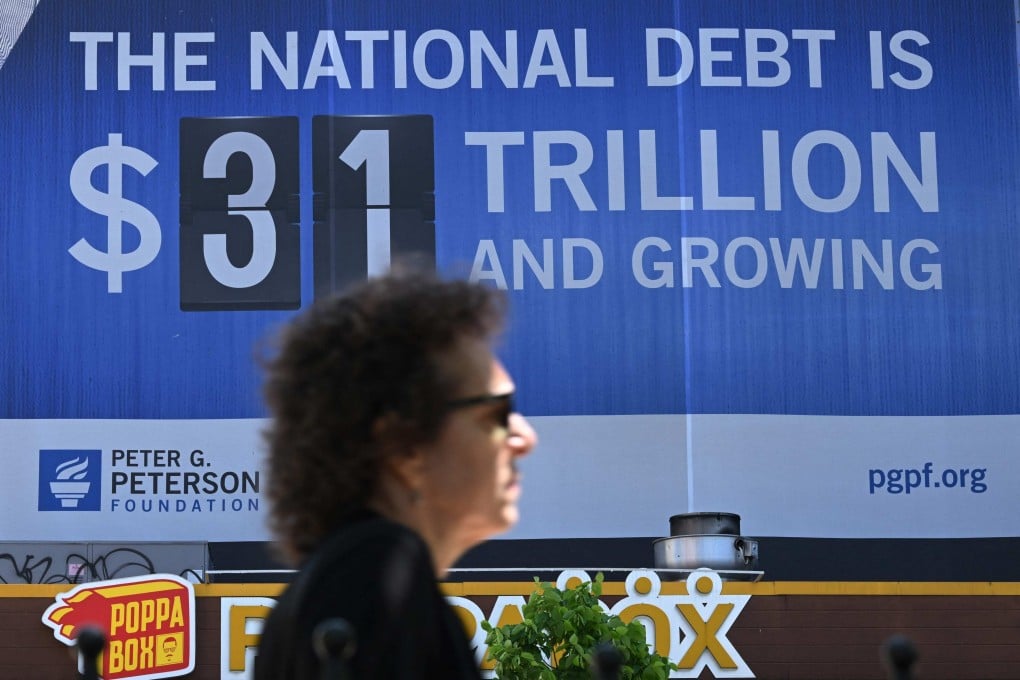Macroscope | What will happen when the US’ soaring debt runs up against its inflation fight?
- Doubts about the US government’s ability to manage its debt without stoking inflation are sparking the latest round of dire warnings about the risks to the global economy

Global financial crises sometimes seem to come out of nowhere. There is no obvious catalysing event like the collapse of a financial institution, just a frisson of market fear that grows until it accelerates into a panic. That is in the air now.
The US government debt crunch has migrated into the short-term end of the market, where crisis can come about more quickly, than at the long end. It’s hard to see how borrowing can be shifted back again without stoking inflation, which is the last thing the US leadership wants.
Most explicit was the Financial Times’ front-page lead of June 22 warning of a “US borrowing binge”. The article noted that the United States “will be forced to fund a massive increase in its budget deficit with short-term debt,” with consequences for money markets and inflation.
“We are spending money as a country like a drunken sailor on shore for the weekend,” it quoted Ajay Rajadhyaksha, global chair of research at Barclays, as saying. That is precisely the kind of comment that plays into market fears, especially during a politically charged pre-election period.

